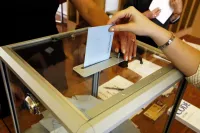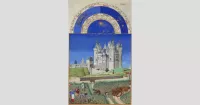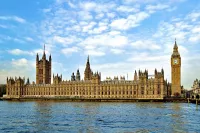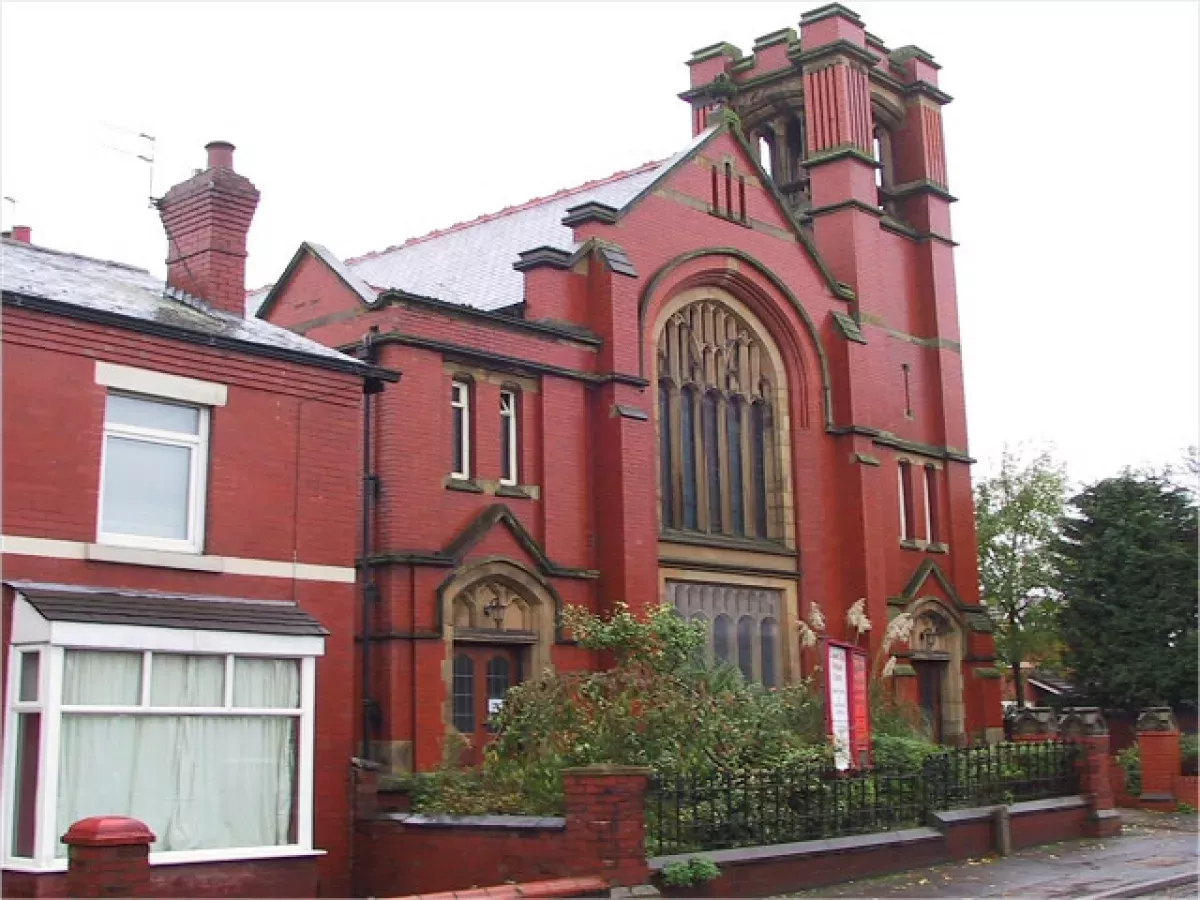Lostock Hall is a village in Lancashire, England, situated south of the River Ribble. It is approximately 3 miles south of Preston and 3 miles north of Leyland. The village is notable for its proximity to the interchange for the M6, M61, and M65 motorways, which border its southeastern side.
1908: Tardy Gate Mill Constructed
The Tardy Gate Manufacturing Company built Tardy Gate Mill on Coote Lane in 1908.
1911: Publication of "A History of the County of Lancaster"
In 1911, the sixth volume of "A History of the County of Lancaster," edited by William Farrerr and J. Brownbill, was published. This volume included a section on the townships of Walton-le-Dale, which provided historical information about the area.
1918: Harry Dewhurt Donates Lostock Hall
Harry Dewhurt, the owner of Lostock Hall since the early 1880s, relocated to Cheshire in 1918 following the First World War. He donated Lostock Hall and its surrounding 6.5 acres to the Preston Royal Infirmary to be used as a continuation hospital.
1920: Thomas Moss & Sons Expands Tardy Gate Mill
Thomas Moss & Sons acquired Tardy Gate Mill in 1920, significantly expanding its operations. The mill focused on producing calico and linen until its closure in the late 1970s.
June 1922: Lostock Hall Continuation Hospital Opens
After alteration work, the Lostock Hall Continuation Hospital officially opened in June 1922. The hospital, situated on the grounds of Lostock Hall, was intended to serve women and children.
October 1940: Bombing in Lostock Hall
On 27 October 1940, Lostock Hall was hit by bombs during an attack on the Leyland Motors factory in nearby Leyland. Despite army gunners driving the bomber away from its target, three bombs landed in Lostock Hall, destroying terraced homes and resulting in 27 fatalities.
1961: Construction of Lostock Hall Library Begins
Construction of the purpose-built Lostock Hall Library commenced in 1961.
1962: Construction of Lostock Hall Library Concludes
The construction of Lostock Hall Library was completed in 1962.
January 1963: Lostock Hall Library Opens
Lostock Hall Library, constructed between 1961 and 1962, was officially opened on 28 January 1963 by Sir Harry Pilkington.
August 1968: End of Steam Era at Lostock Hall Locomotive Shed
Lostock Hall Locomotive Shed, one of the last remaining steam sheds in Britain, ceased operation in August 1968, marking the end of the steam era.
1982: Lostock Hall Continuation Hospital Closes
The Lostock Hall Continuation Hospital was forced to close in 1982 due to the closure of the Lancashire Area Health Authority.
1984: St. Catherine's Hospice Opens
Following the closure of the Lostock Hall Continuation Hospital, the building and land were acquired by St. Catherine's Hospice (Lancashire) Limited. The building was renovated, and the first hospice service commenced in 1984.
April 1985: St. Catherine's Hospice Opens Day Care
St. Catherine's Hospice, which had taken up residence in the former Lostock Hall Continuation Hospital, initiated its Day Care service on 29 April 1985.
1999: Lostock Hall Library Undergoes Foundation Work
Repairs to address subsidence problems at Lostock Hall Library were undertaken in 1999. This involved constructing new foundations to stabilize the building.
2001: United Kingdom Census
The United Kingdom Census of 2001 recorded Lostock Hall's population as 3,948, with 1,959 males and 1,989 females. The census data also indicated that 1,675 households were owner-occupied.
2010: General Election
The general election in 2010 resulted in Lostock Hall becoming part of an extended Ribble Valley constituency. Nigel Evans of the Conservative Party was elected as the Member of Parliament.
May 2015: South Ribble Local Council Elections
The South Ribble local council elections took place in May 2015, with Conservative Party candidates Joseph Clifford Hughes, Jacqui Mort, and Renee Noreen Blow being elected to represent the Lostock Hall ward.
September 2018: Boundary Commission for England Submits Recommendations
On 5 September 2018, the Boundary Commission for England submitted recommendations for boundary changes as part of the Sixth Periodic Review of Westminster constituencies. The proposed changes, if enacted by Parliament, would see Lostock Hall become part of a revised South Ribble seat in the next general election.
2021: Next Census Scheduled
The next census is planned for 2021.
Mentioned in this timeline

A shoe is a protective and comfort-providing item of footwear...

War is defined as an armed conflict involving the organized...
England a constituent country of the United Kingdom occupies roughly...

An election is a structured decision-making process where a population...

September is the ninth month of the year in the...

Westminster the main settlement within the City of Westminster in...
Trending

8 months ago Mirra Andreeva vs. Yulia Putintseva at French Open; Putintseva Advances to Second Round

3 months ago Anna Kalinskaya's upcoming matches: WTA Hong Kong and Merida Open Akron predictions.

2 months ago RBA Holds Rates Steady Amid Inflation Concerns and Economic Uncertainty: A Detailed Analysis

2 months ago Victoria Mboko Dominates, Reaches Hong Kong Open Final After Fernandez Victory

6 months ago Paul Rudd Stars in New Dark Comedy with Tim Robinson; Friendship Explored

5 months ago Tsitsipas reunites with father as coach, reflects on tennis, and Ivanisevic split.
Popular

Carson Beck is an American college football quarterback currently playing...
Curt Cignetti is an American college football coach currently the...

XXXTentacion born Jahseh Dwayne Ricardo Onfroy was a controversial yet...
WWE Raw a professional wrestling television program by WWE airs...

Stranger Things created by the Duffer Brothers is a popular...

Kristi Noem is an American politician who has served as...
